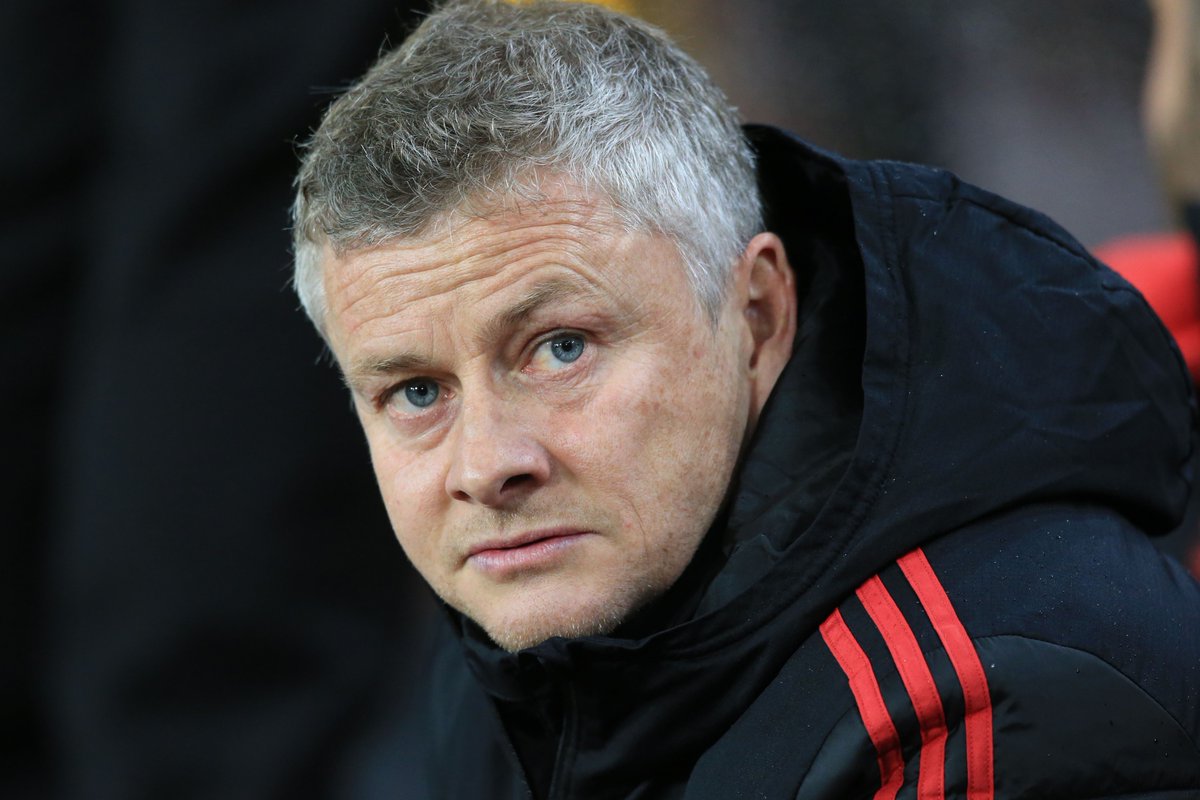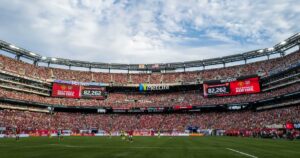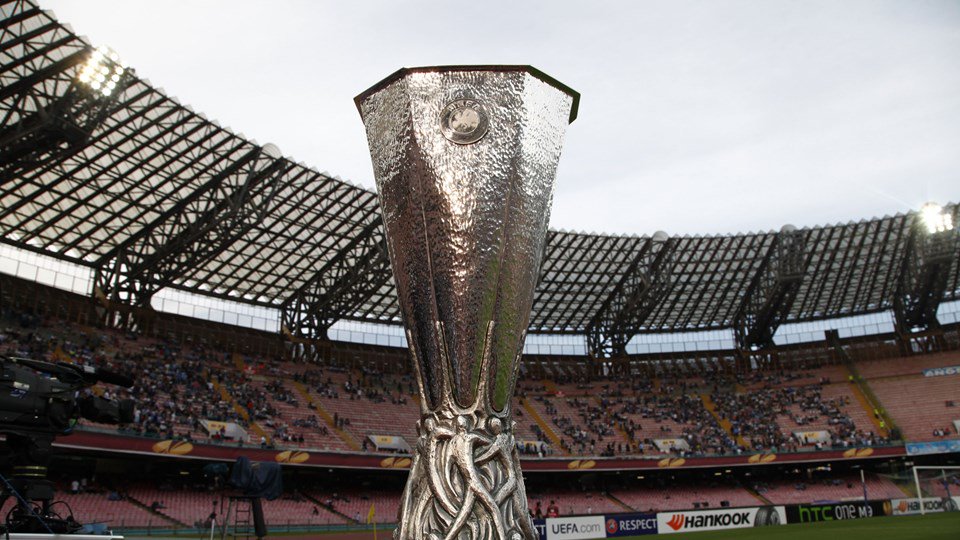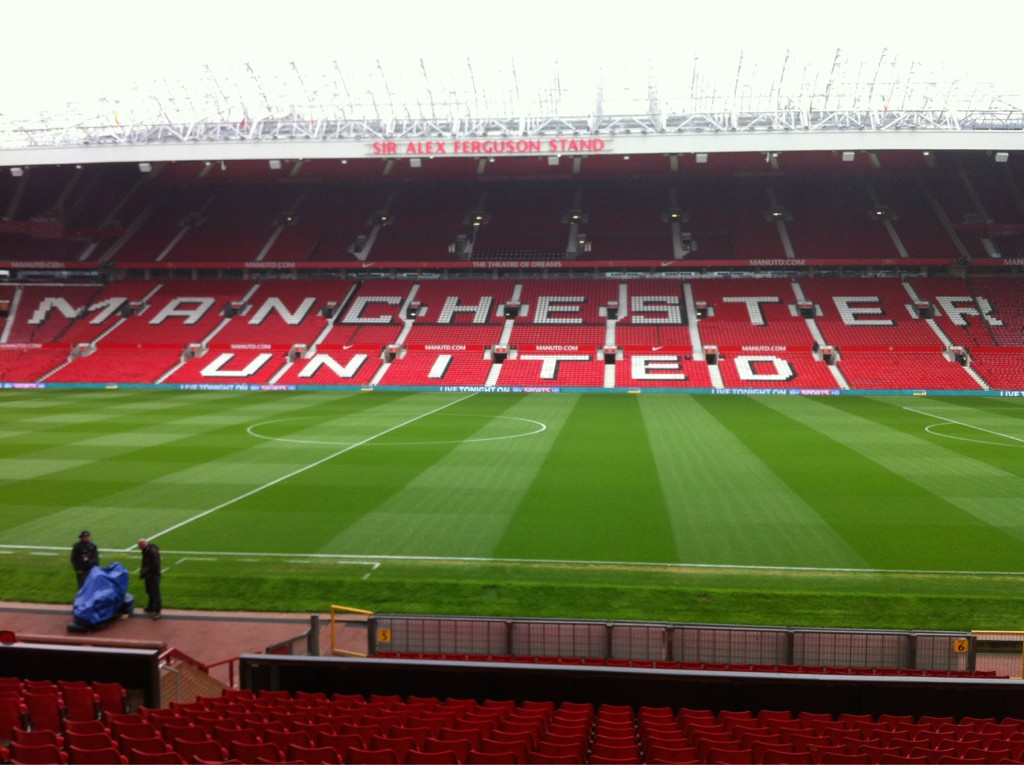Jose Mourinho will return to Old Trafford for the first time as Tottenham manager on Wednesday night, and the former Manchester United boss could be forgiven for asking just how much has changed since he was axed a year ago this month.
United’s 2-2 draw with Aston Villa on Sunday left Mourinho’s successor Ole Gunnar Solskjaer with 18 points from 14 games and in ninth place in the Premier League table.
At the same stage last season, Mourinho’s side had 22 points and were in seventh after a 2-2 draw with Southampton. Even so, the Portuguese coach was two weeks away from the sack.
Of course, Mourinho’s demise had more to do with events off the pitch; a deteriorating relationship with the Old Trafford board over what he perceived as a lack of support in the transfer market in the summer of 2018, and fall-outs with a number of players – principally Paul Pogba. By the time the end came on December 18 last year, one senior figure at United described it as ‘death by a thousand cuts’.
Solskjaer could not be a more contrasting character. A United man through and through, and the ideal figure to lead what has been described as a cultural reboot at United – a return to the core values of his mentor Sir Alex Ferguson that have been lost since the Scot retired in 2013.
Solskjaer buys into the idea that United will have to take a step back to move forward again, something that doesn’t sit well with Mourinho.
‘When I don’t win I cannot be happy, I cannot change that in my DNA,’ he said at his Spurs unveiling earlier this month. ‘And I hope I can influence the players to not be happy without winning football matches. If you are happy by losing football matches, it is difficult to be a winner at any moment in your career. It is a basic principle.’
Solskjaer had a huge impact after replacing Mourinho as caretaker boss last December, winning 14 of his 19 games before being put in permanent charge.
But things have not gone nearly as well for the Norwegian since. United are a mid-table team playing in the Europa League, and that feels about right at the moment. Despite further investment in the squad this summer – albeit focusing on younger, British talent – they lag a long way behind Manchester City and Liverpool.
Pogba has been out for the last two months but United are still no nearer to getting the best out of their record £89million signing. There is a lack of midfield creativity and depth in attack following the decision to let Romelu Lukaku leave for Inter Milan in the summer.
Defensively, Solskjaer’s side still need to improve. They have conceded five goals in the last two league games, failing to hold onto the lead for more than a few minutes on both occasions when drawing against two promoted teams in Sheffield United and now Villa.
Spurs are next up on Wednesday and Mourinho will return to his old club feeling that he is a much stronger position in his new job. Clearly the patience given to his successor by United rankles.
‘I’m going to try and get a job like Ole has, and speak all the time about the future,’ he said in October when United stood by their under-pressure manager. ‘I think it’s a great situation – three-year contract, the future, the young players. I think it’s a great job to do in such a giant club.’
The feeling at United is that Mourinho simply had to go. Change was essential. A year on from his departure, however, the question is just how much has actually changed at Old Trafford.



